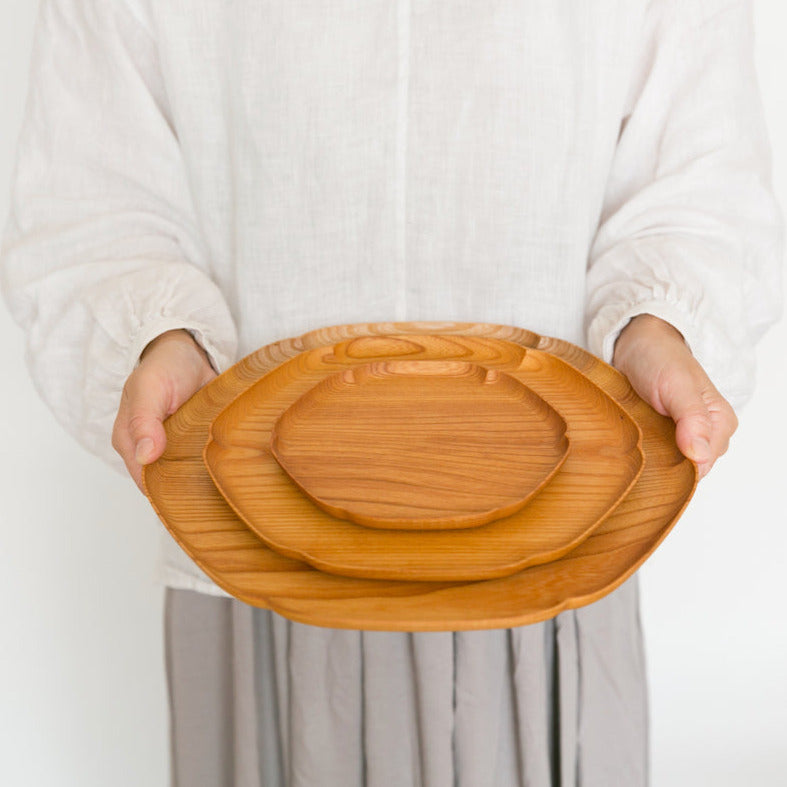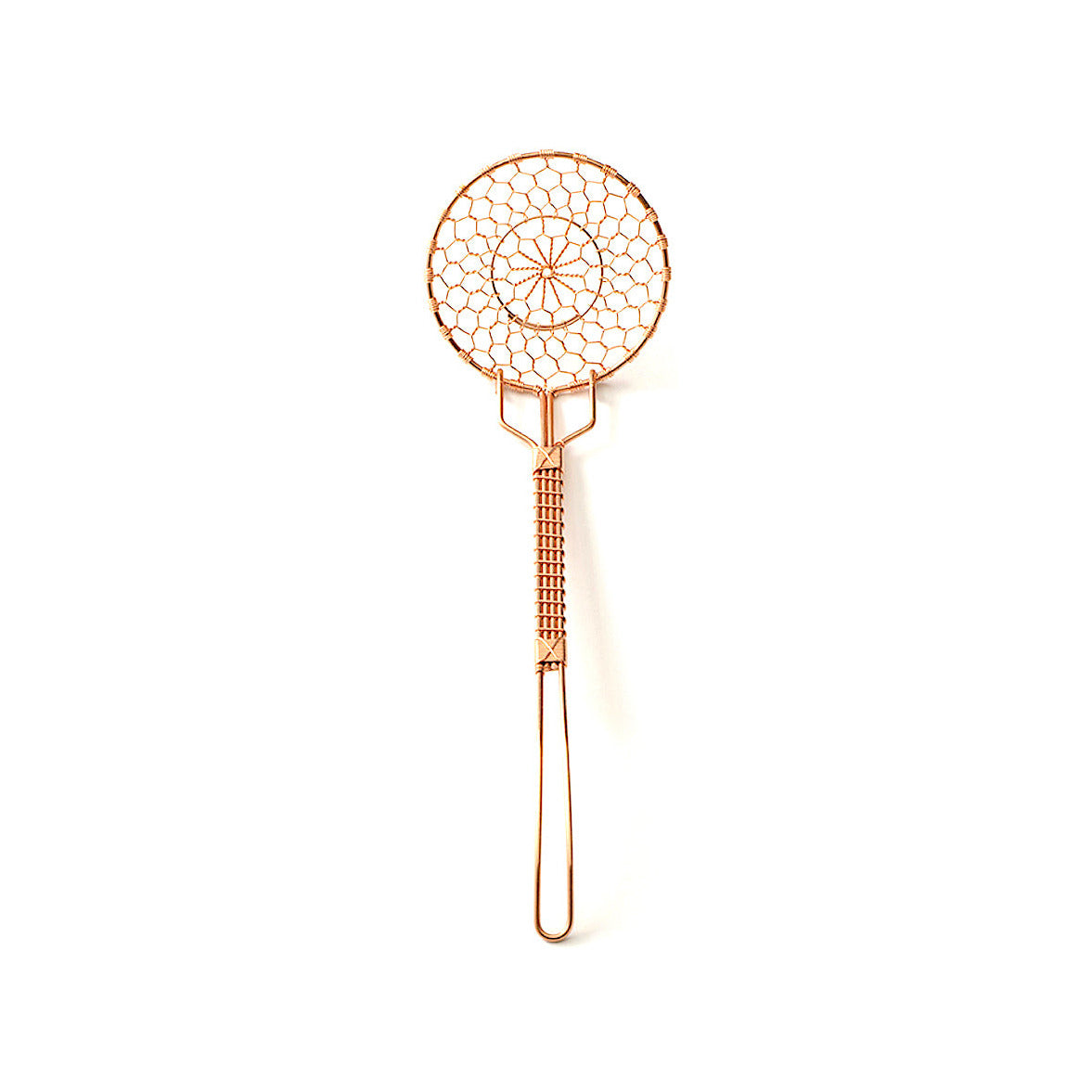
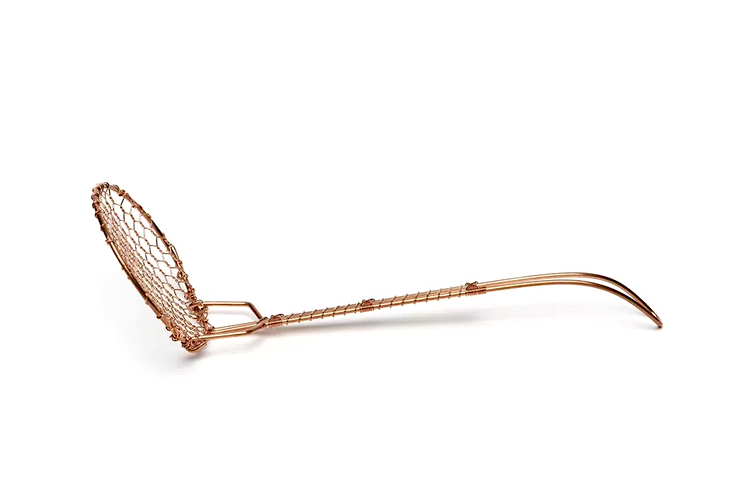
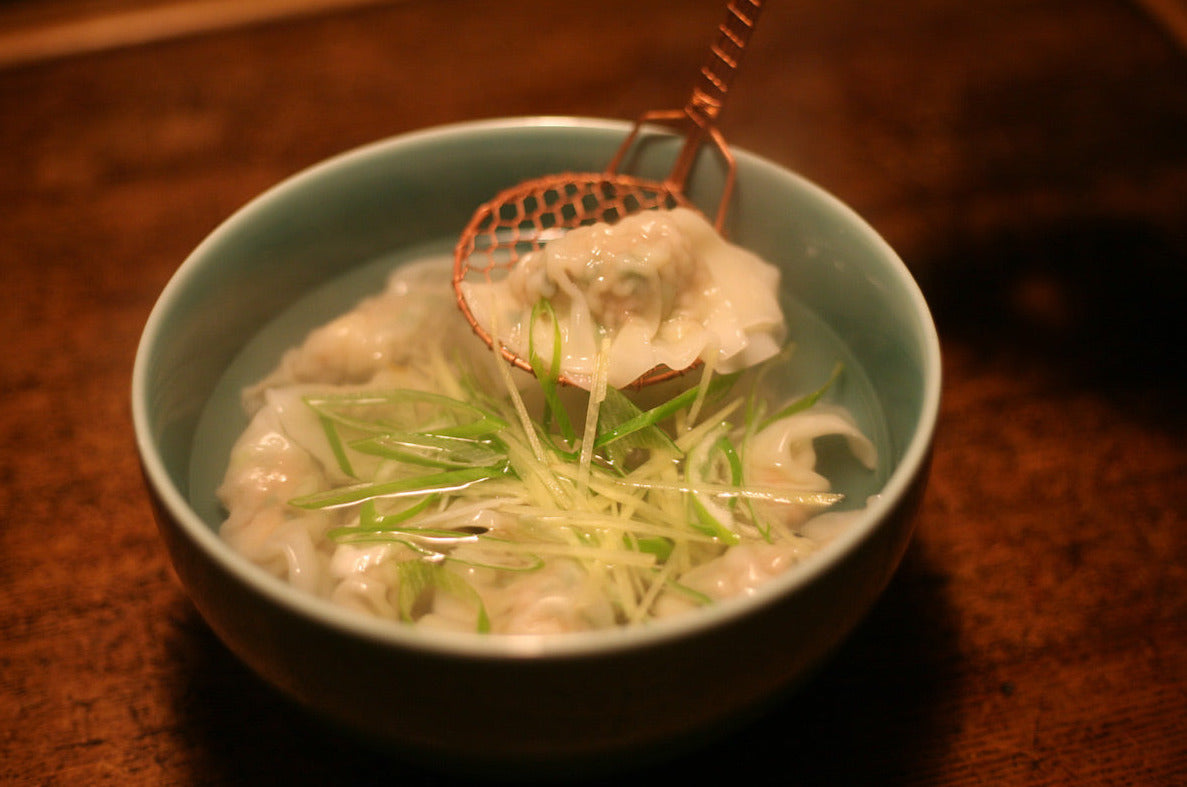
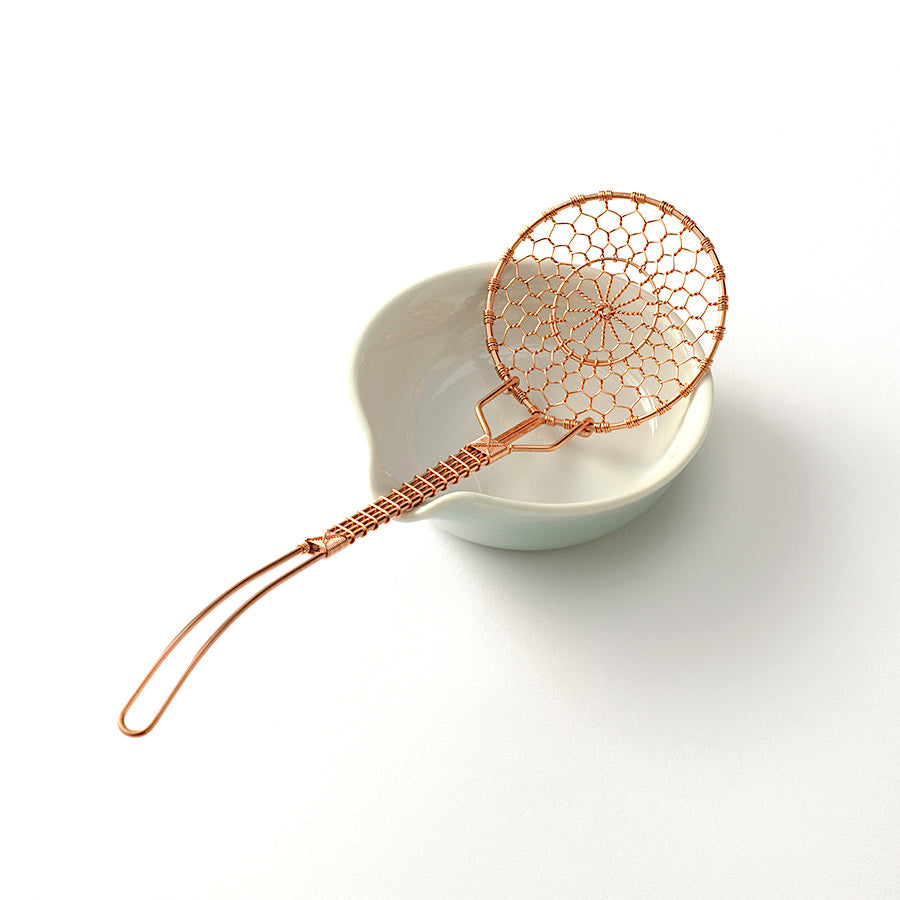
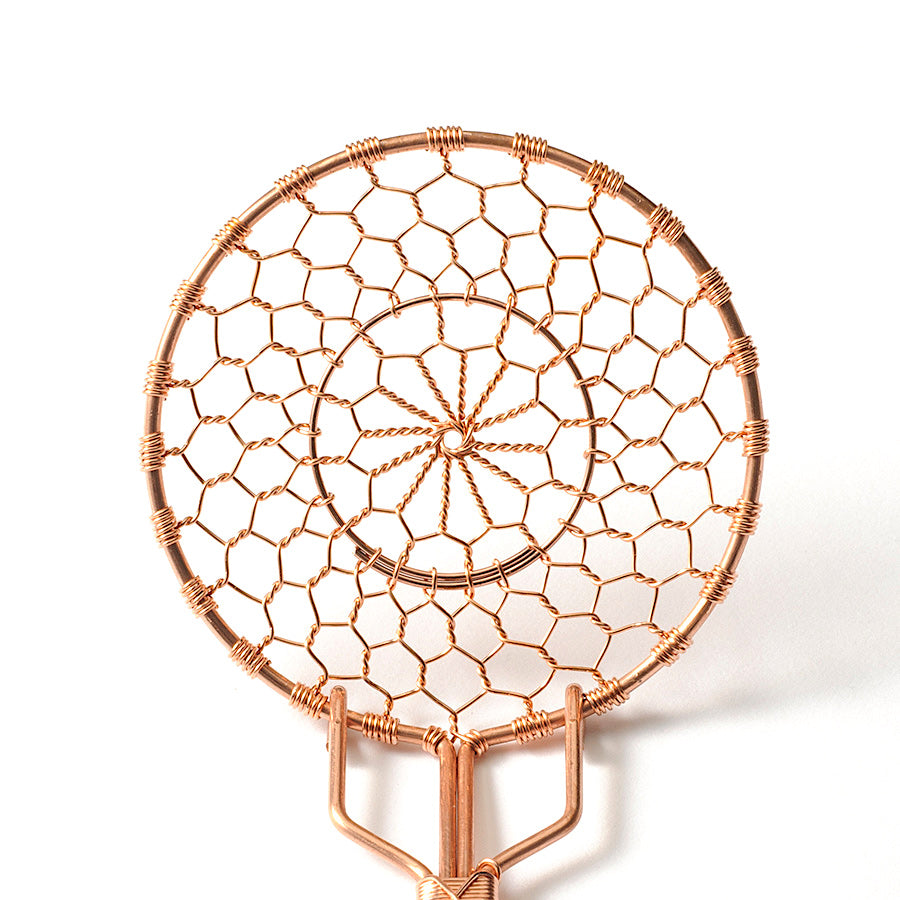
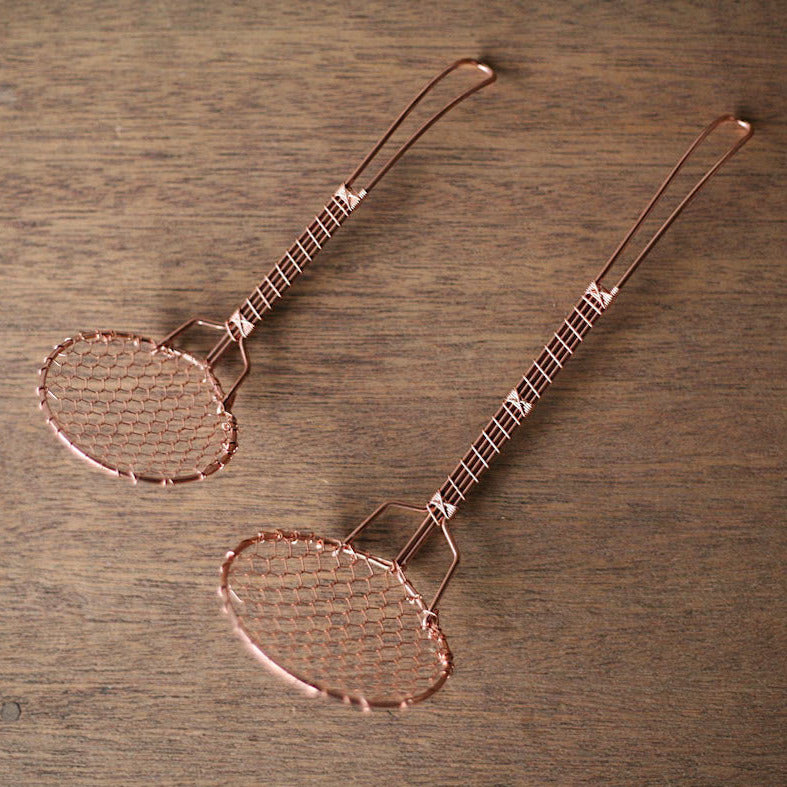
Serving tongs perforated | stainless steel matted
- Material: 18-8 stainless steel, matt finish .
- perforated
- Dimensions: 22cm (length )
- Dishwasher safe
- Design: Sori Yanagi
- Good Design Award
- Made in Niigata, Japan
 Sofort lieferbar
Sofort lieferbar
Bereits in 2-3 Werktagen bei dir.
 Sofort lieferbar
Sofort lieferbar
Bereits in 2-3 Werktagen bei dir.
Kostenfreier Versand ab CHF 100,-
Choose options






Beschreibung
These kitchen tongs, formed from a single piece of stainless steel, fit perfectly in the hand thanks to their ergonomic design. The perforation makes it easy to strain and serve at the same time. The tongs can be used for a variety of dishes, including pasta, salads and cooked food, and can be used for "dressing", "serving" and "portioning", all of which are essential in cooking.
Part of a series that won the Good Design Award in 1998. Made in Niigata, Japan, a region renowned for the quality of its stainless steel and metalwork.
STORY
Yanagi, who is often ranked with legendary masters of industrial design such as Charles & Ray Eames and Arnie Jacobsen, is considered one of Japan's most influential product designers and a pioneer of the post-war industrial design movement in Japan.
Die Story zu TSUJIWA KANAAMI
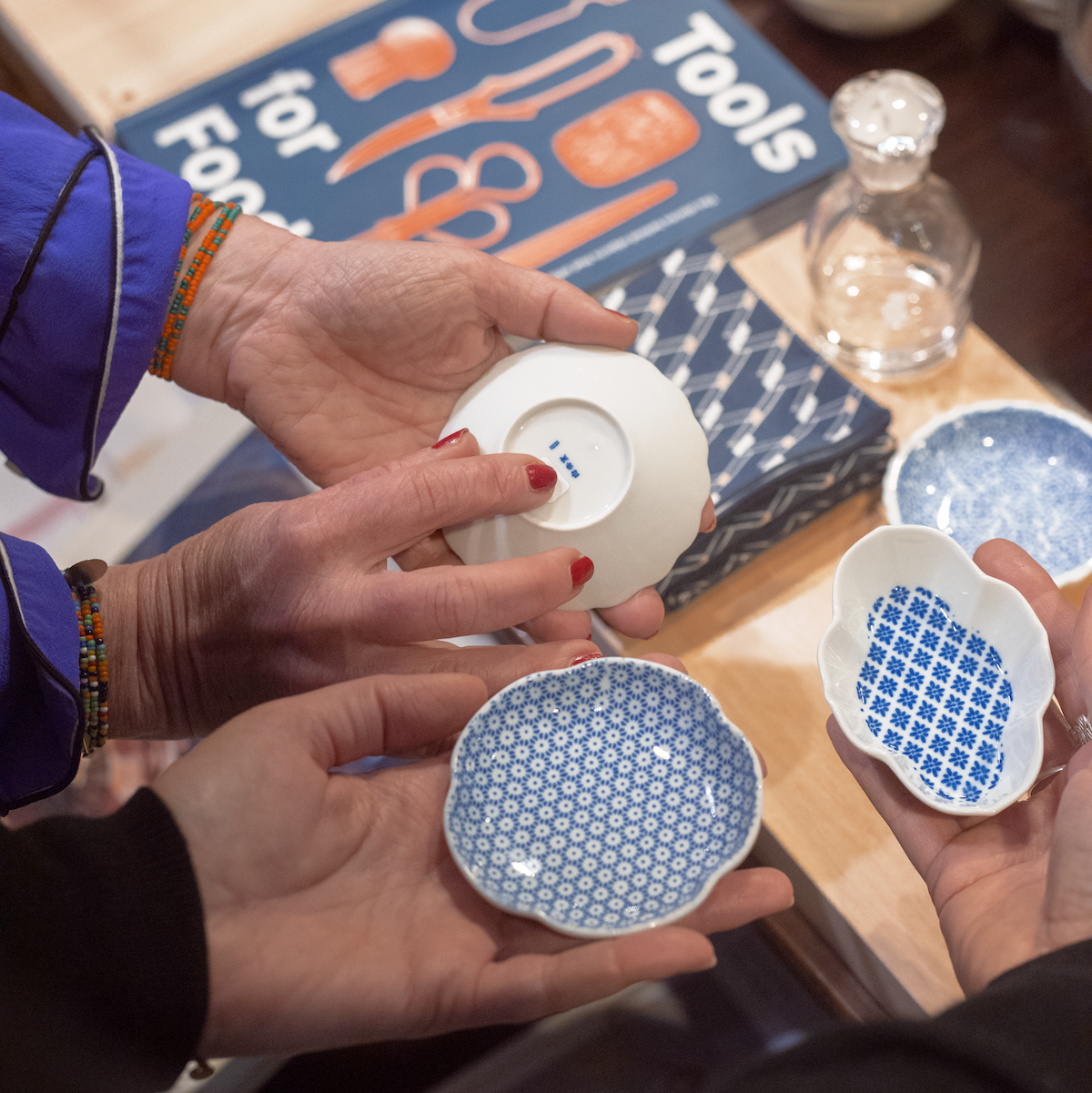
Wollt ihr wissen wer hinter ASANDRI steht
«Wir glauben, dass die Kombination von grossartigem Design und handwerklichen Können wichtig ist. Deshalb unterstützen wir Handwerker weltweit, um ihre Fähigkeiten und Handwerksbetriebe für viele weitere Generationenzu erhalten.»
Kontaktiere uns: info@asandri.com
